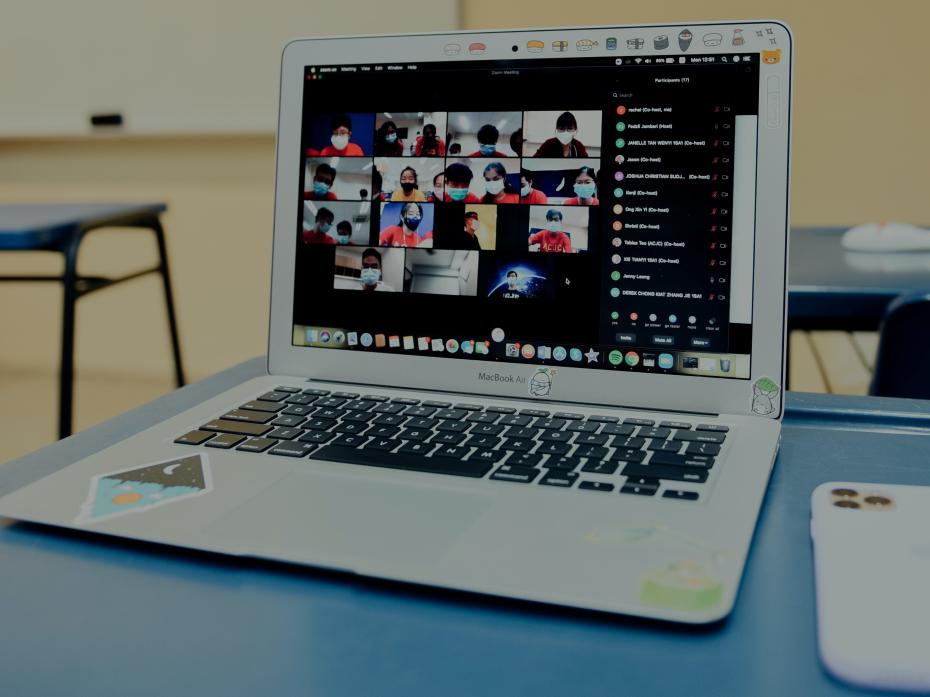
Safely teaching foreign students facing censorship

How critical thinking can lead to prison
In 2014, a coup was staged in Thailand. It changed my life. Overnight, I became a refugee under the protection of the Japanese government.
I have been teaching South-east Asian politics at the Center for Southeast Asian Studies at Kyoto University since 2012. Through my long years of teaching and research, I have engaged in critical thinking in relation to key political institutions in the region.
As a Thai, I looked specifically into the political role of the monarchy. This is a taboo subject in a country where the monarchy is perceived as demigod and criticising it is blasphemous.
- Collection: Teaching critical thinking
- Putting trust at the heart of higher education
- Engaging in controversial topics in teaching and research
The taboo against any discussion of the monarchy is a problem not merely within academia, but also within society at large. The government has implemented restrictions on such discussion by exercising tight press and internet controls and by employing the draconian lese-majesty law to manage critics of the monarchy.
Lese-majesty is an act of insult against the monarchy, which results in up to 15 years’ imprisonment. Information about the monarchy in Thailand is either heavily manipulated or blocked off and made inaccessible.
Teachers and students alike have encountered difficulties accessing online materials important to the success of their courses.
Understanding the risks
For instructors, the teaching of sensitive subjects needs to be accompanied by exploration of other relevant subjects, including censorship, academic freedom and state manipulation of information. In other words, instructors should include discussion of all these issues in their teaching.
This is imperative as it helps students understand why discussing sensitive subjects is legitimate to challenge censorship and support the free flow of thought and opinion. Avoiding sensitive subjects is not a solution and could create a crisis of intellectual deficiency.
But instructors need to be aware when teaching remote students based in countries such as Thailand that free speech and academic freedom are not guaranteed.
A risk assessment is essential to warrant safe and successful courses, for both instructors and students.
Instructors must be aware of the course contents, which should be kept within the legal limits. The focus is on ensuring the safety of students living in a hostile environment created by the state.
Students, meanwhile, must be mindful of participating in class discussion on sensitive issues that could get them into trouble. But while caution is exercised, courage must also be promoted.
Ensuring safety of online teaching
To prevent online inaccessibility, instructors may want to prepare necessary materials for students in advance. Reaching out to international institutions for their support on materials is one solution. For instance, Thai instructors might rely on foreign universities to provide materials that are otherwise banned or inaccessible in their own country.
To skirt the legal restrictions, instructors could use examples from other countries to indirectly explain the controversies of a subject in their own or their students’ country. This has proved to be a useful strategy, not only in minimising risks but also in providing a comparative point of view.
For example, in identifying the problem with the Thai monarchy and its intervention in politics, I often refer to contemporary cases, such as that in Nepal, or historic cases, including the monarchy in Russia and Germany.
At the same time, successful monarchies, namely those of the UK and Japan, can provide students with alternative perspectives on how a monarchy can function.
In other words, students can learn from positive and negatives aspects of different monarchies without having to directly refer to the Thai case.
The strategy outlined above is one way instructors could work around sensitive or controversial subjects for effective and safe teaching.
Choose your terminology carefully
Instructors should consider how to use different terminologies when tackling sensitive subjects.
The art of definition is vital and remains a challenge for instructors: how to teach a controversial subject without making it controversial? How to discuss critical topics without being perceived as attacking the subject?
For example, instead of discussing how the political role of the monarchy has destabilised the democratic institution, instructors might choose to discuss it from another angle. They could simply ask: what has caused the weakness of the democratic institution?
In countries such as Thailand, where criticising the monarchy is illegal, careful attention needs to be paid to the language used in course material and discussions. In their courses, instructors must avoid words, phrases and statements that could be seen as insulting or defaming the monarchy. They should research what is acceptable or unacceptable terminology within the relevant country’s jurisdiction.
I myself have been charged with lese-majesty because of my critical comments on the monarchy via my lectures, articles and commentaries.
The punishment is severe – I can no longer return home without facing a lengthy jail term.
On the bright side, the sacrifice I made to remain truthful to my profession, as an educator and researcher, permitted me to break free of academic restrictions back home in Thailand. Now I can speak freely. But this newfound freedom must always be weighed against the safety of my students.
Pavin Chachavalpongpun is associate professor at the Center for Southeast Asian Studies at Kyoto University.
If you would like advice and insight from academics and university staff delivered direct to your inbox each week, sign up for the Campus newsletter.


